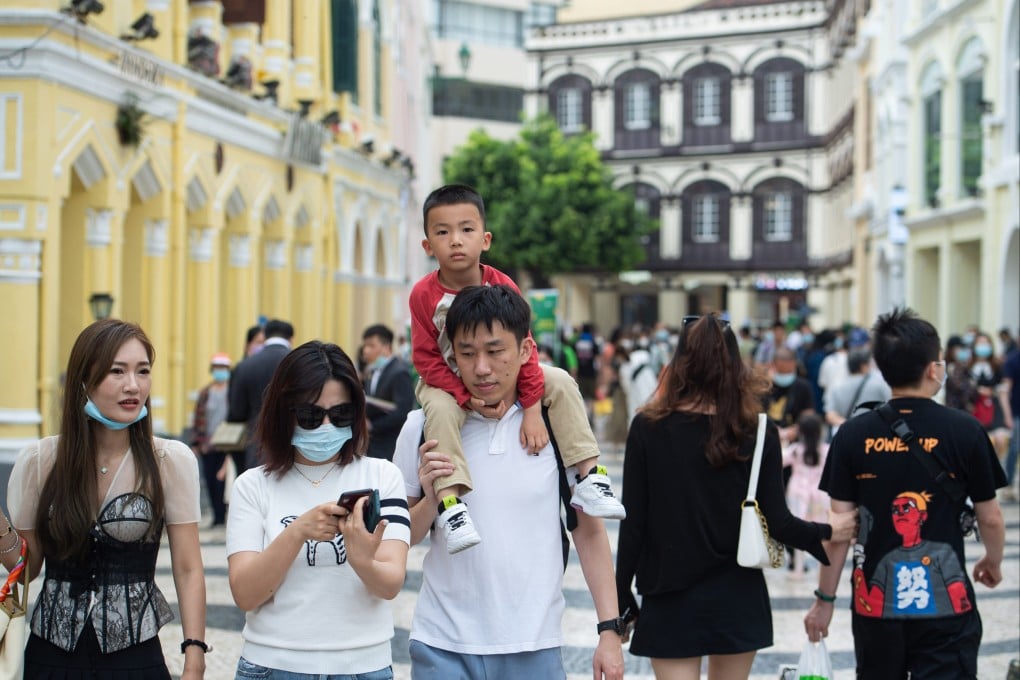Opinion | Why the world is watching Macau’s red-carpet welcome for mainland Chinese visitors
- Macau offers a small but significant test case of reopening, with big implications for global tourism and the normalisation of China’s discretionary spending

London is off limits to most Chinese tourists due to travel curbs, but an alternative closer to home is the new The Londoner Macao casino resort. There, they will encounter a life-size replica of Big Ben, staff dressed as Beefeaters, and a hologram of footballer David Beckham leading guests on a virtual black cab tour of London.
For investors, Macau offers a small but significant test case as one of the few places in Asia staging a tentative recovery in cross-border travel, with big implications for global tourism and the normalisation of China’s discretionary spending.
The reopening trade has caught on worldwide since the third quarter of last year, spurring huge gains in some travel-related and consumer discretionary stocks, especially in Europe and America.
Asia has seen milder rallies, with shares in Macau casino operators, such as Galaxy Entertainment, Sands China and SJM Holdings, still lagging behind their Western peers.

